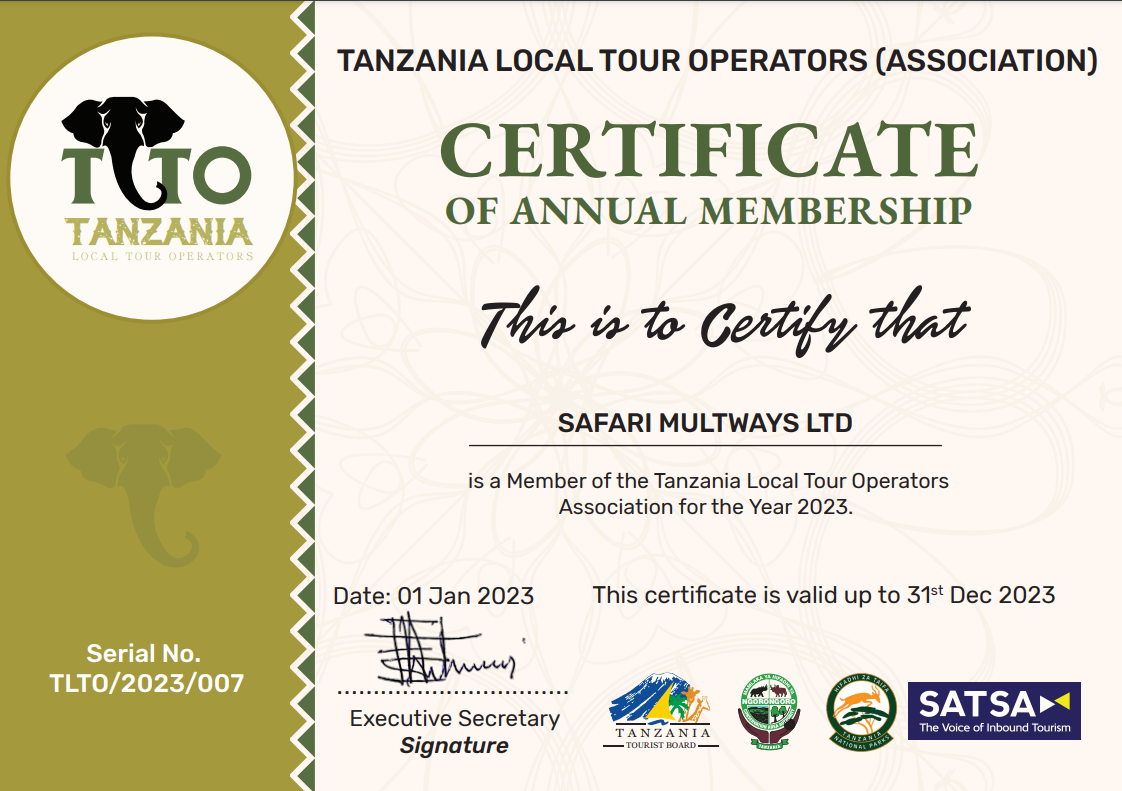Warriors of the Savannah: The Maasai Tribe of Kenya and Tanzania
Unveiling the Culture of the Maasai Tribe
Nestled in the vast savannah plains of Kenya and Tanzania, the Maasai tribe is a proud and resilient community with a rich cultural heritage that dates back centuries. Known for their distinctive customs, vibrant attire, and fearless warriors, the Maasai people have captured the fascination of travelers and anthropologists alike.
One of the most striking aspects of Maasai culture is their traditional clothing. Men typically wear a red shuka, a brightly colored cloth that is wrapped around the body, while women adorn themselves with intricate beadwork and colorful jewelry. These garments not only serve as a form of self-expression but also reflect the tribe’s deep connection to the land and its resources.
The Maasai are also renowned for their unique social structure, which is based on age sets. Each age set, or generation, plays a specific role within the community and is responsible for upholding the traditions and values of the tribe. This system ensures a sense of continuity and cohesion among the Maasai people, despite the challenges posed by modernization and globalization.
Another defining feature of Maasai culture is their close relationship with livestock, particularly cattle. Cattle are not only a source of livelihood for the tribe but also hold great symbolic importance. In Maasai society, owning cattle is a sign of wealth and prestige, and rituals such as cattle raids and ceremonies are central to the community’s spiritual beliefs and practices.
The Fearless Warriors of the Savannah
One of the most enduring images of the Maasai tribe is that of the fearless warrior, poised and ready to defend his people and their way of life. Traditionally, Maasai warriors were responsible for protecting the tribe from external threats, such as neighboring tribes or wild animals, and were revered for their courage and strength.
Warriors undergo rigorous training from a young age, learning essential skills such as spear-throwing, archery, and hand-to-hand combat. These skills are not only necessary for survival in the harsh savannah environment but also serve as a rite of passage into manhood for young Maasai boys.
Despite the changing landscape of modern society, the Maasai warriors continue to play a crucial role in upholding their traditions and values. Today, many warriors have adapted to the challenges of the 21st century by embracing education and entrepreneurship, while still maintaining a strong connection to their cultural roots.
In conclusion, the Maasai tribe of Kenya and Tanzania is a testament to the resilience and enduring spirit of indigenous communities around the world. Through their vibrant culture, deep-rooted traditions, and fearless warriors, the Maasai people have carved out a unique place in history and continue to inspire and captivate all who encounter them.



